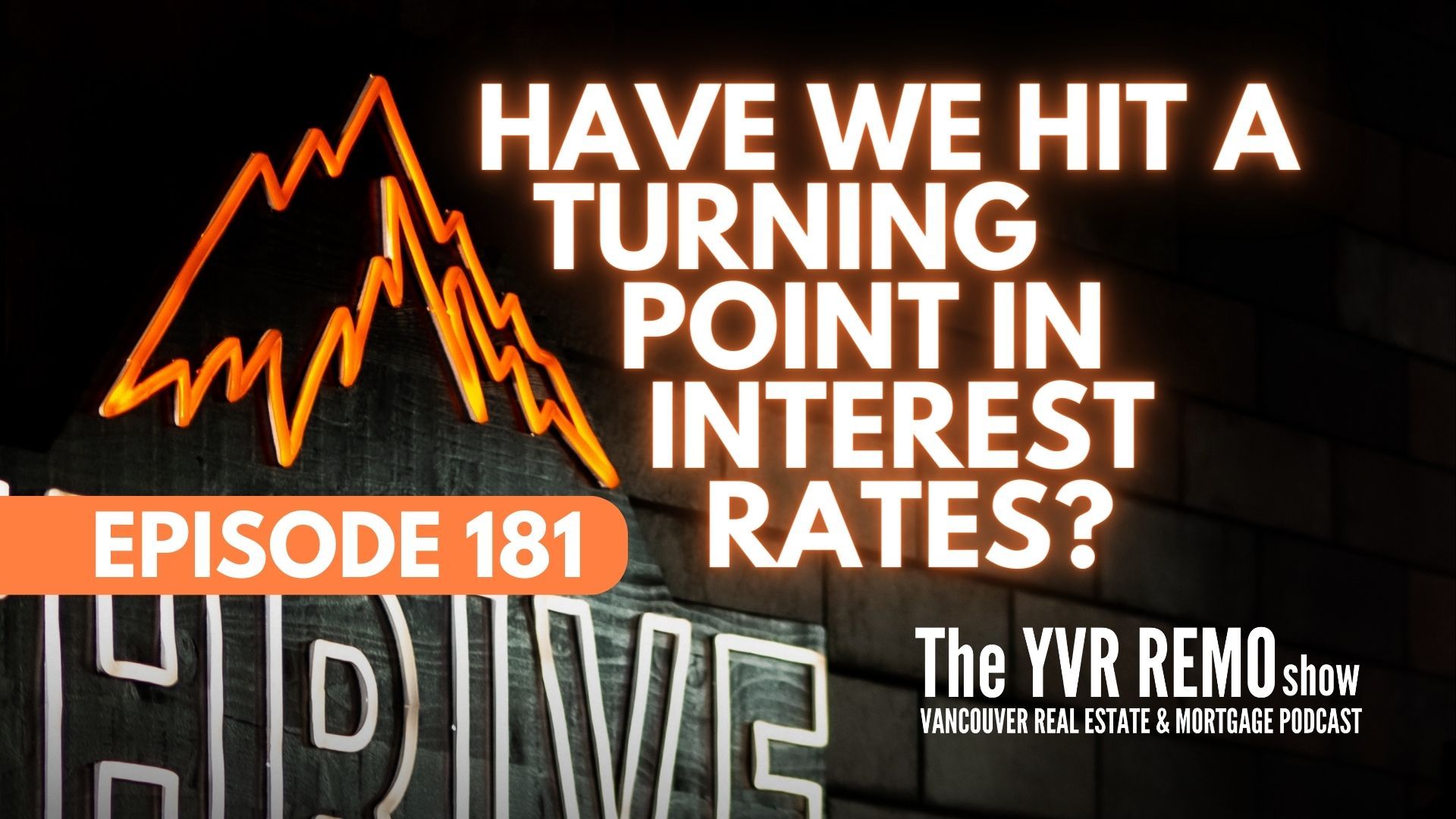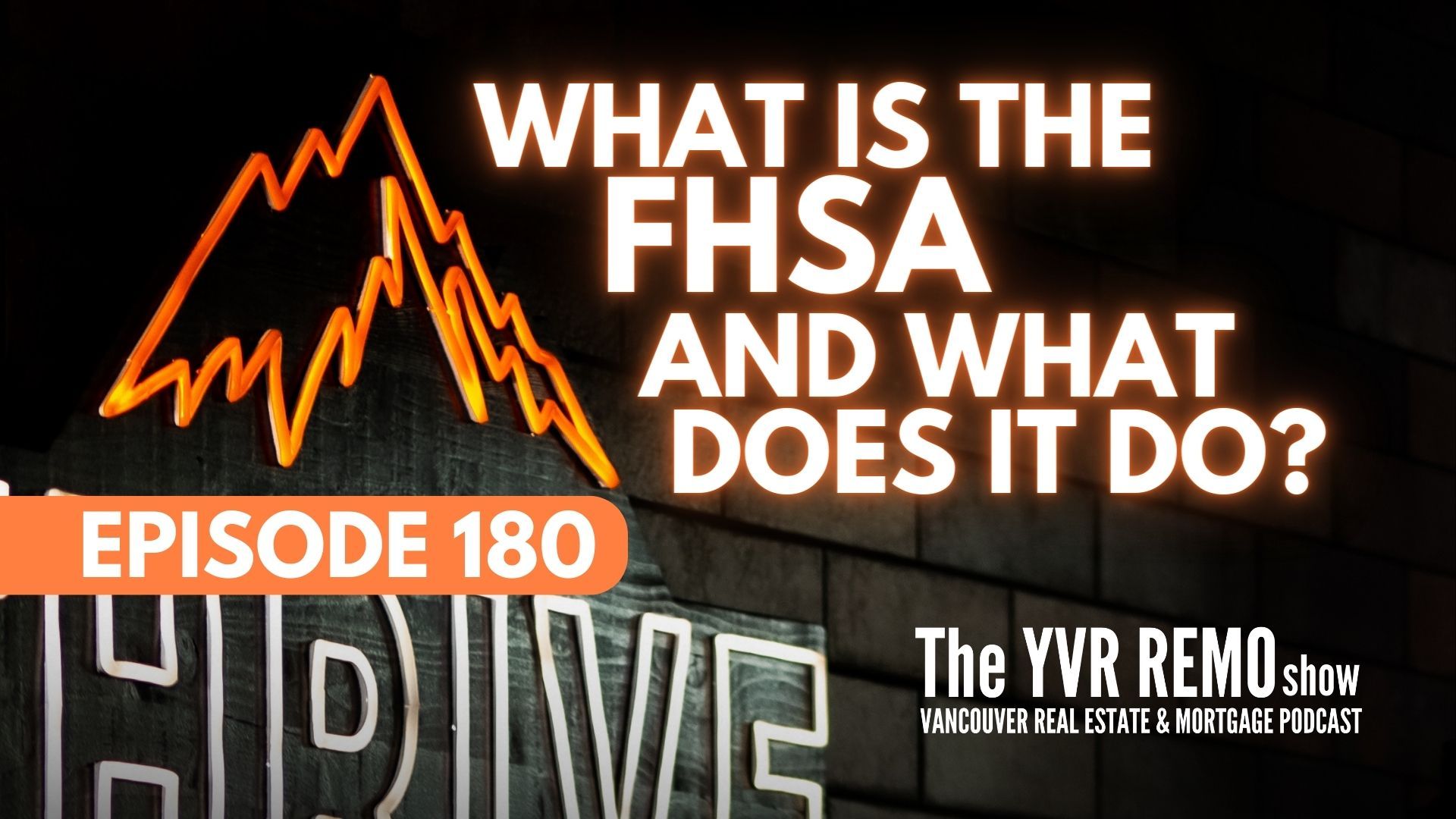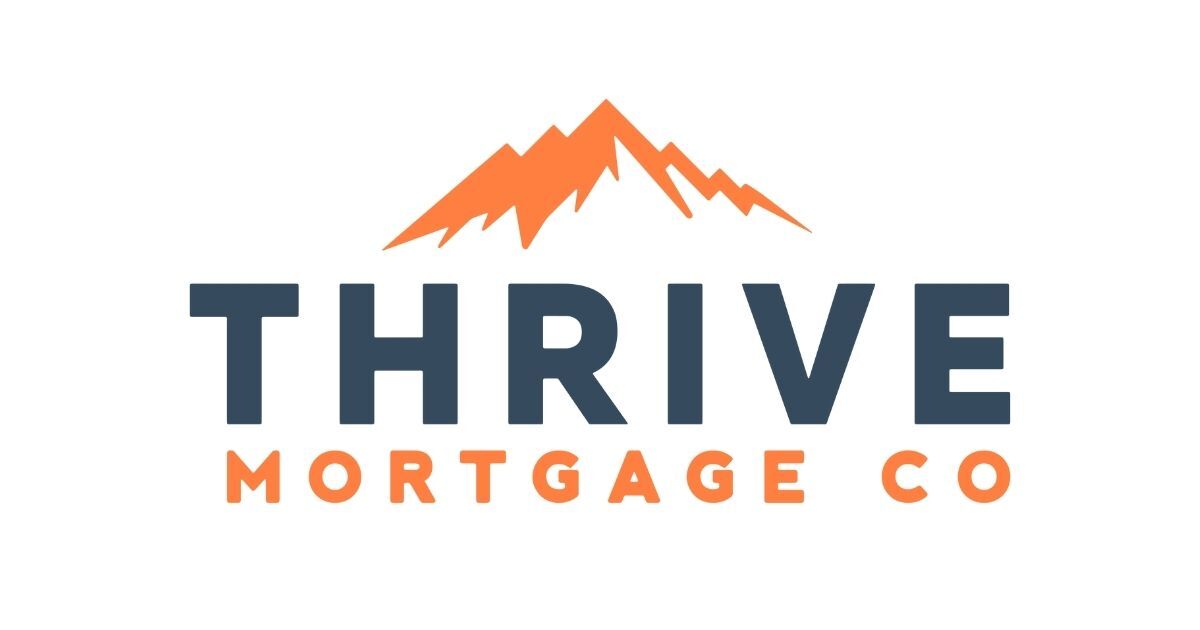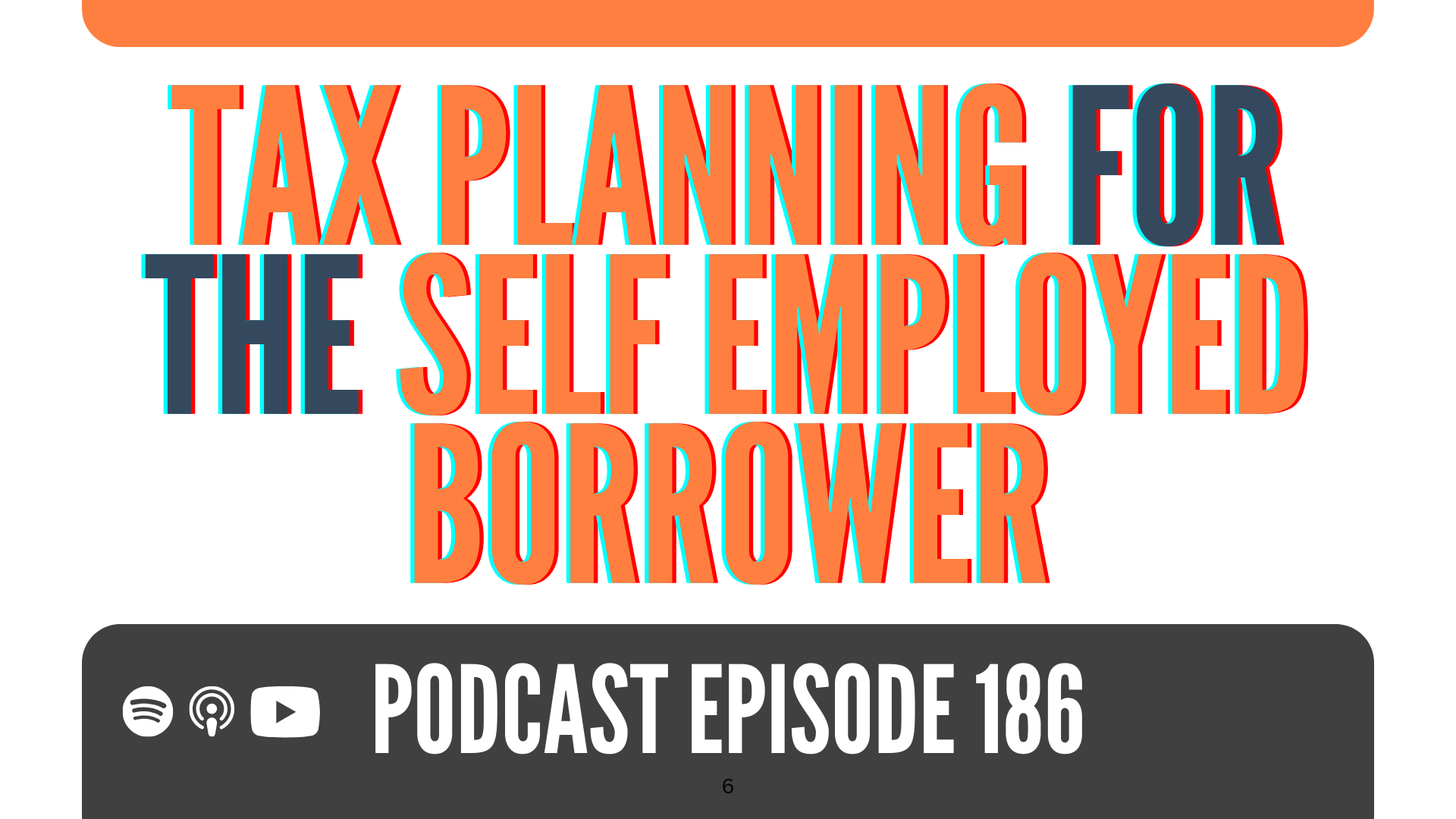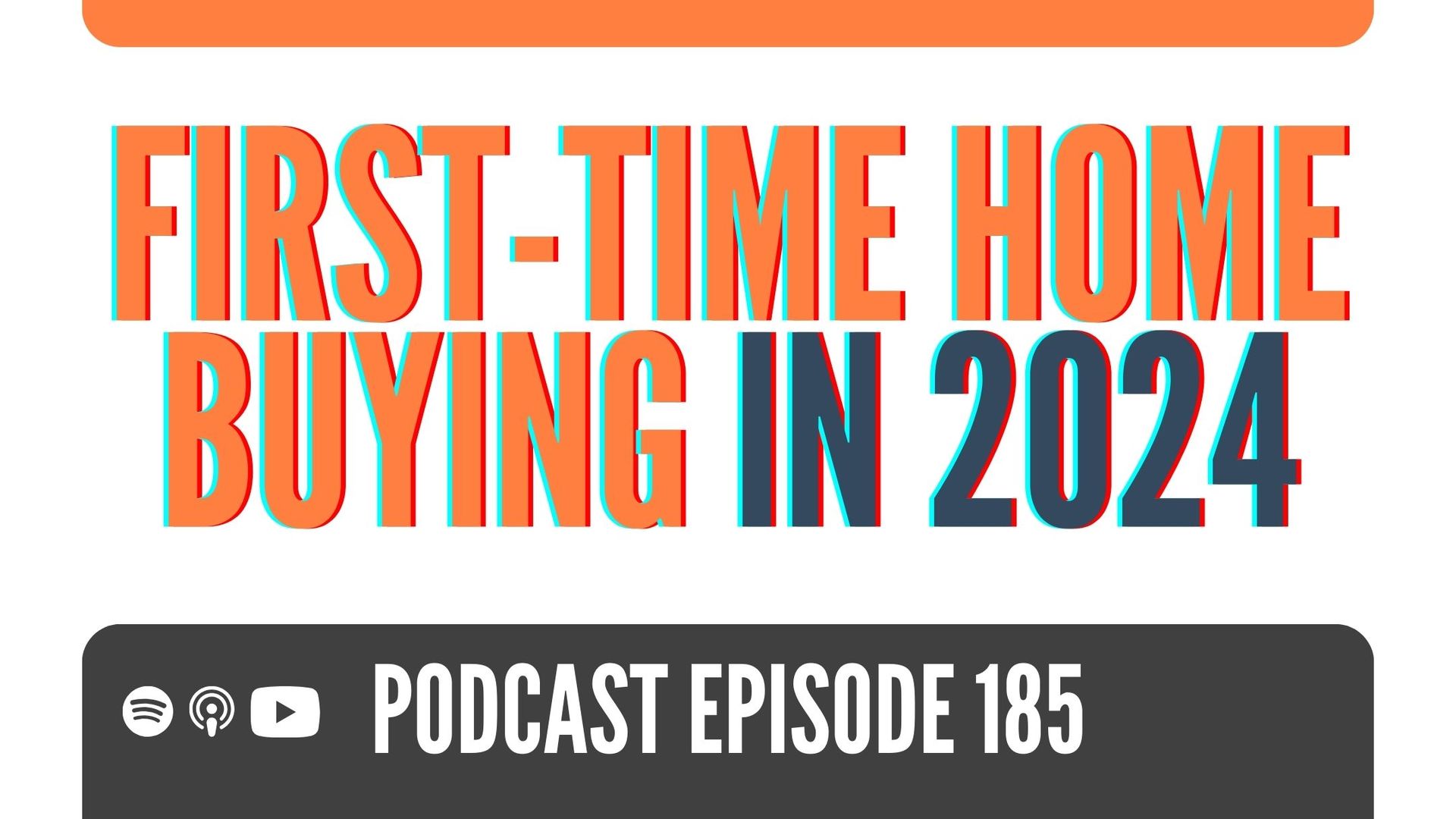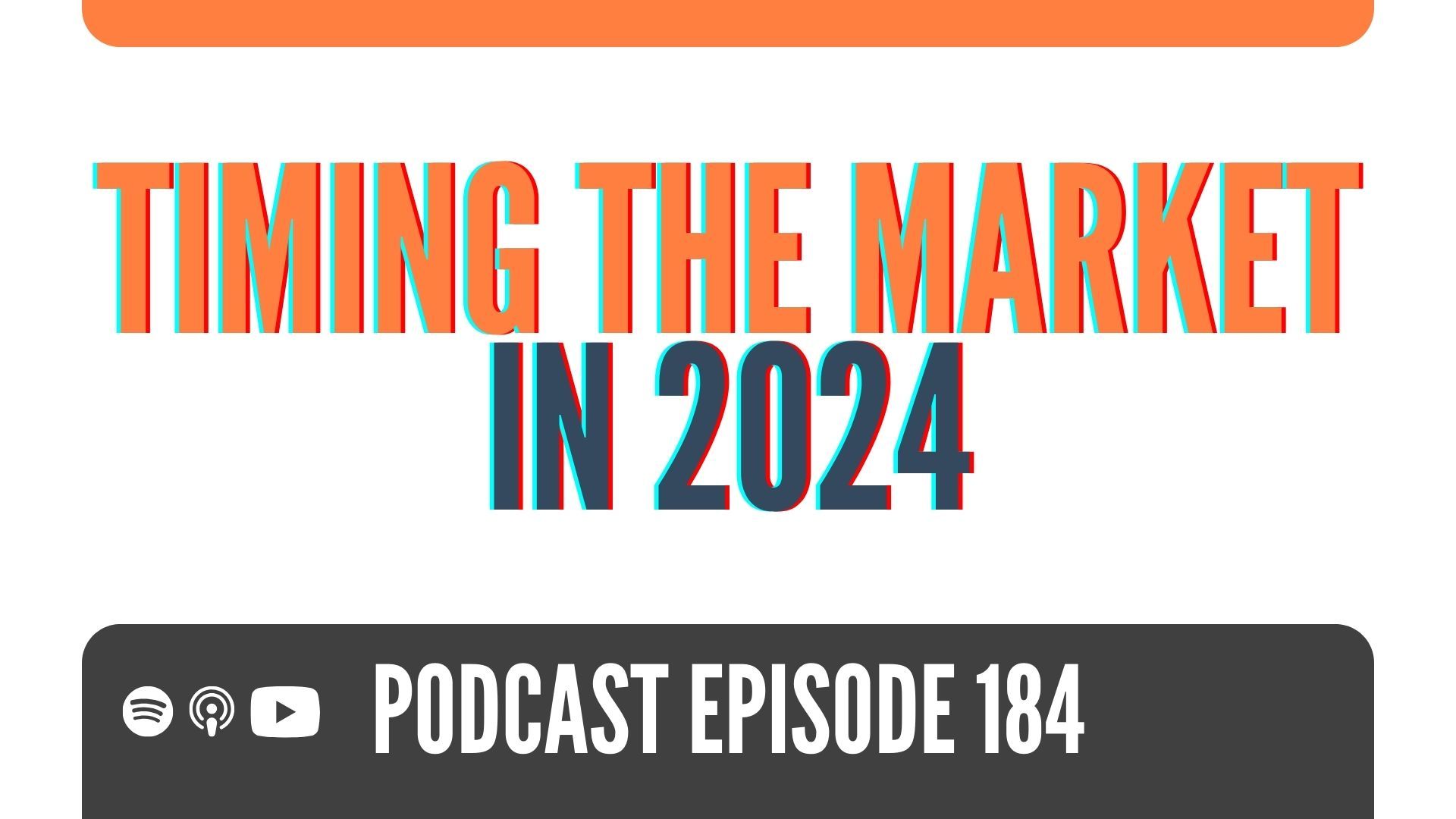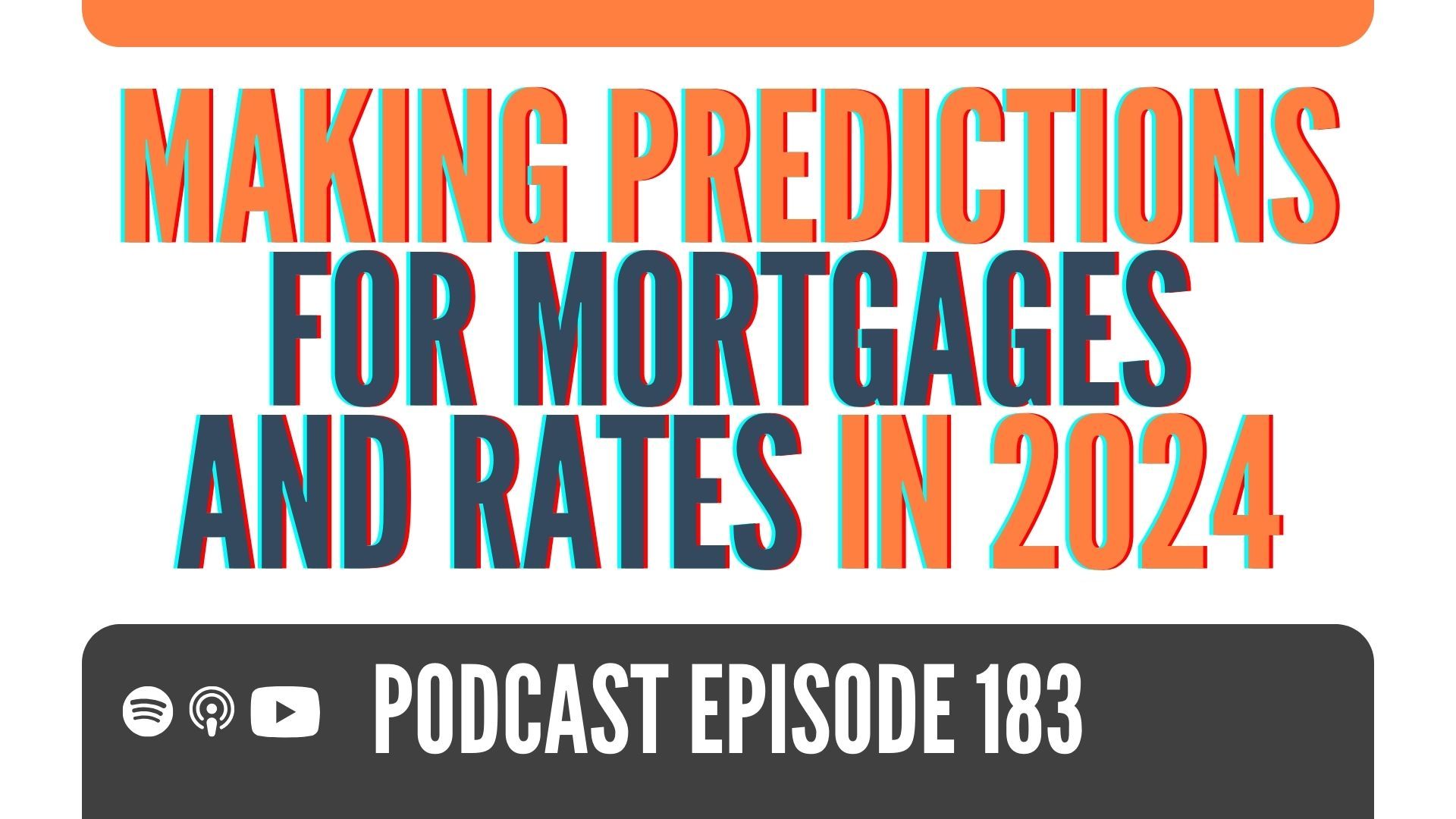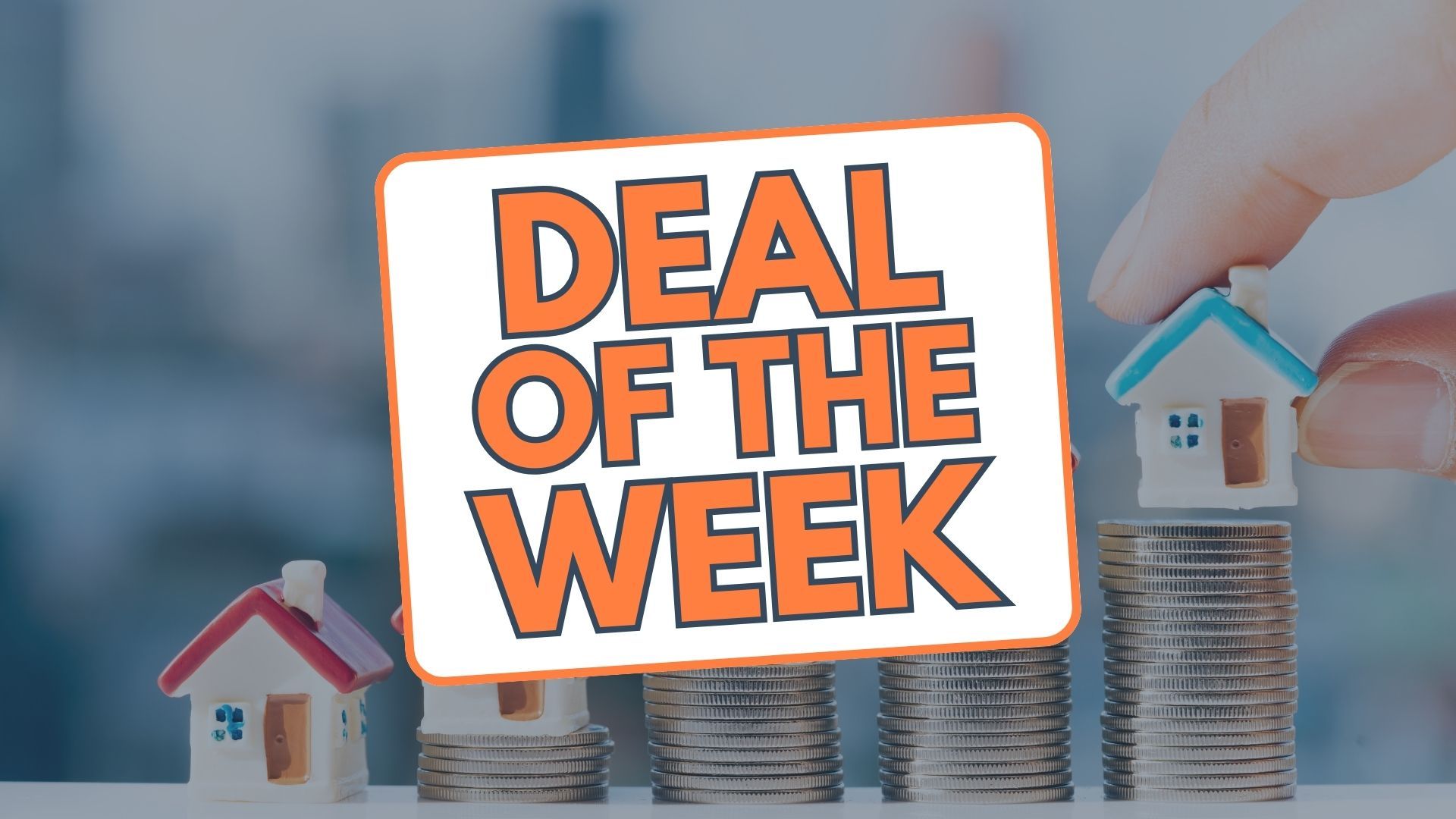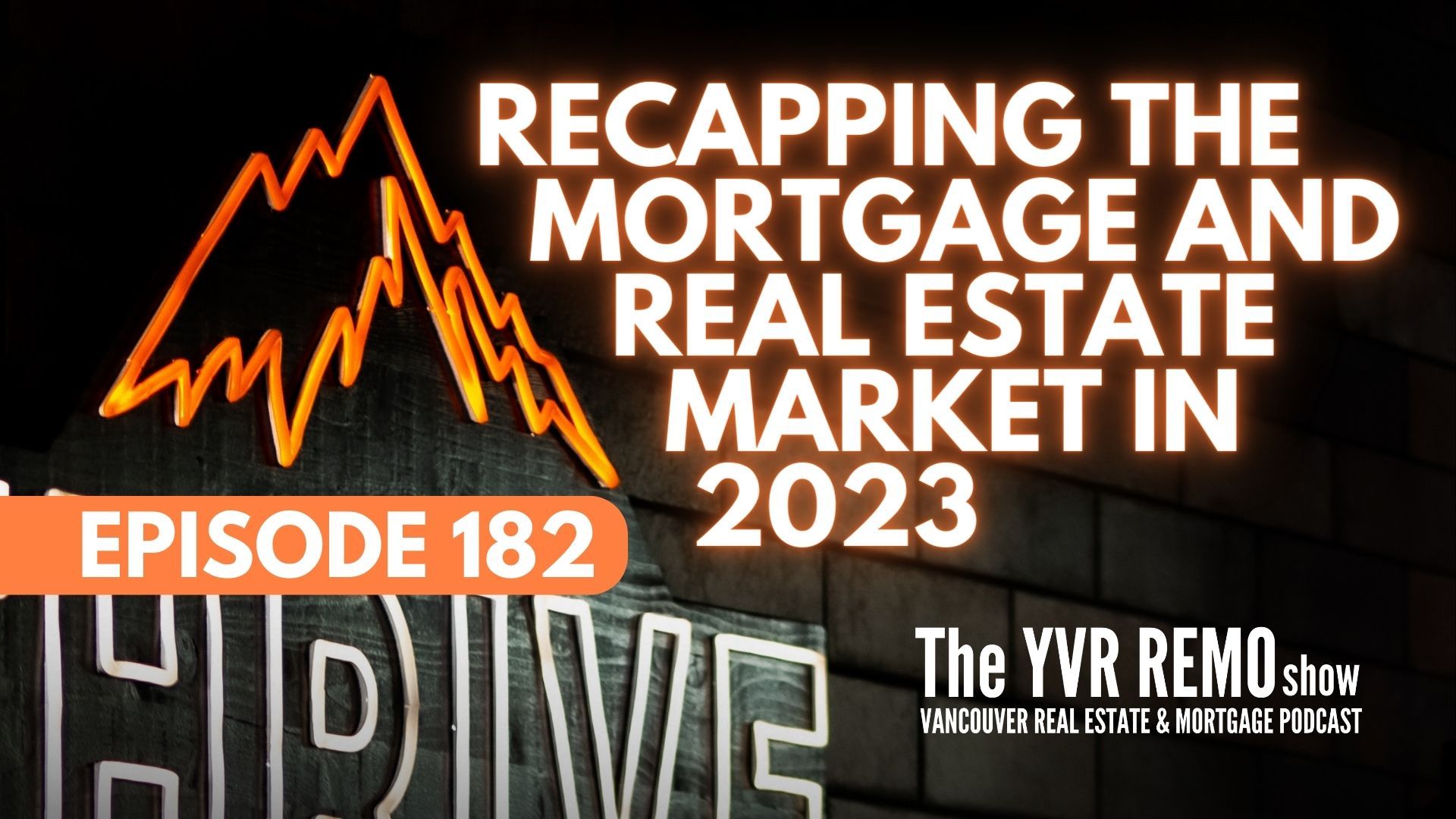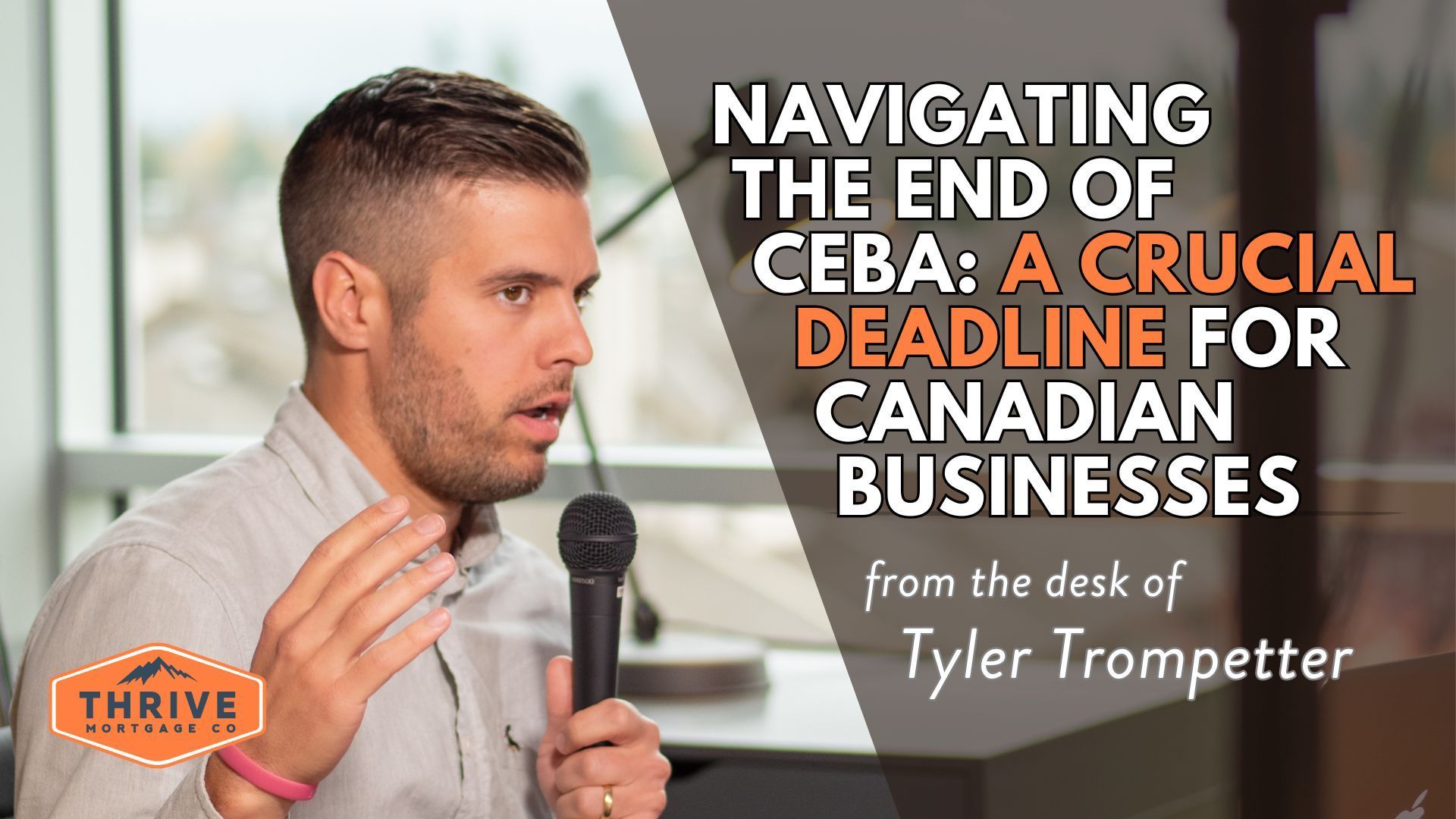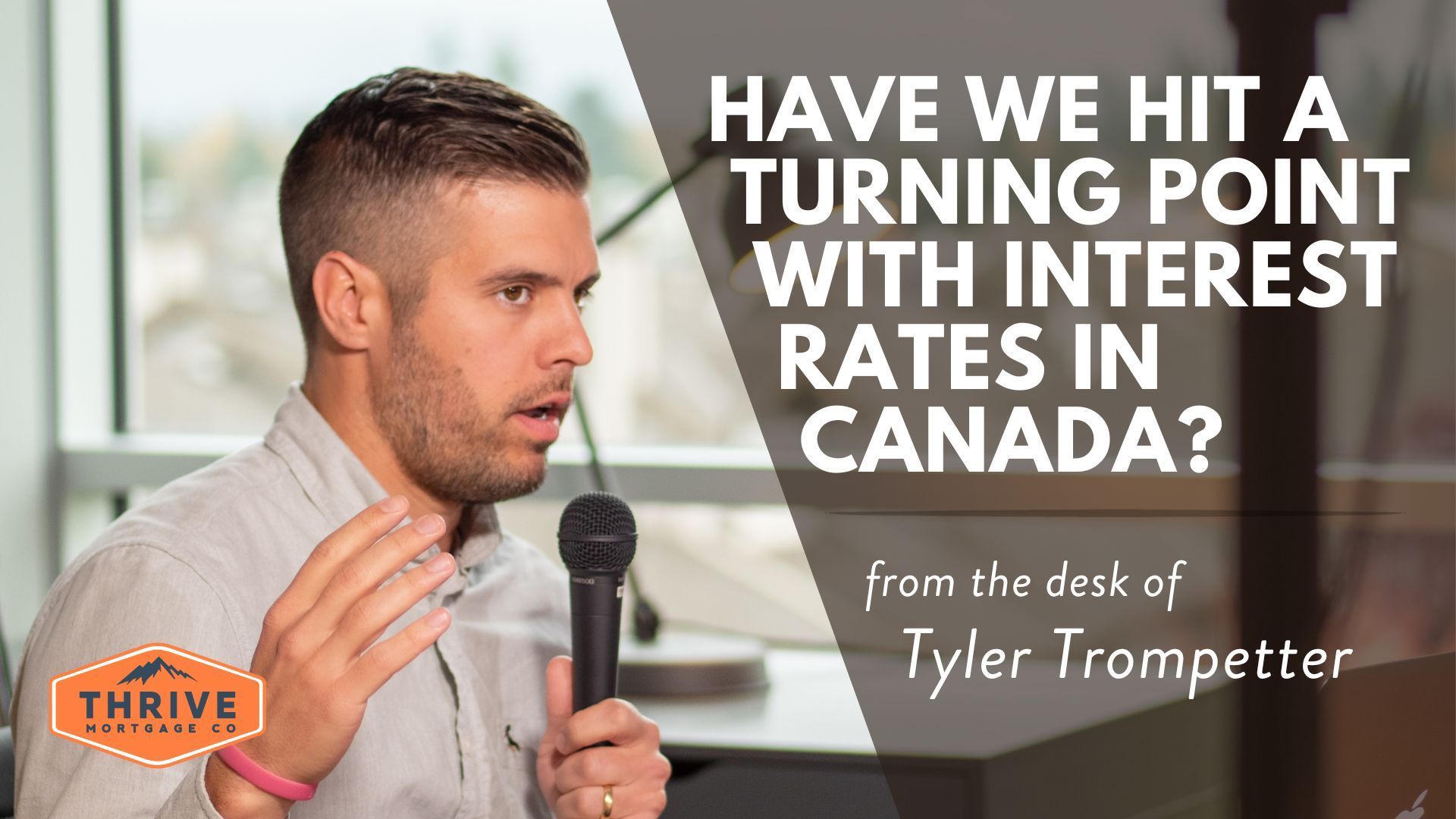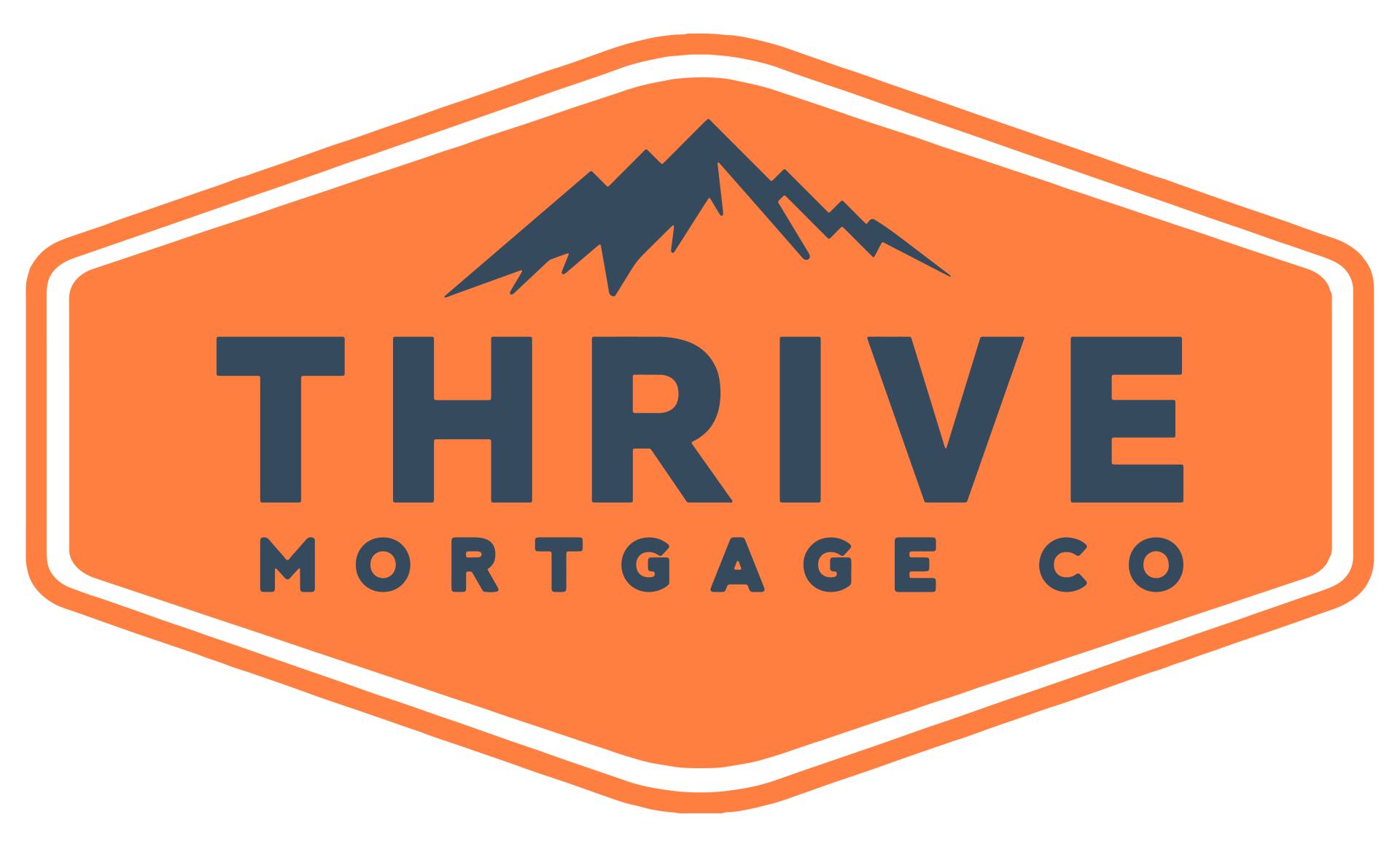YVR REMO Show Episode 78 - Should You Sell Your Home?
In which situations would you want to sell your property?
Alex McFadyen
Today we’re talking about the market and when to sell or when not to sell your home.
We're in August right now 2021 and the market all year has been crazy. The news has been reporting over the past few weeks that the market is slowing down but we haven't experienced that. Typically we see things roll back up and get really busy in the fall. A lot of people are starting to ask questions around selling their real estate and starting to reach out slowly around selling their home, upsizing their home, selling their investment property, or letting go of land. We think people should, as much as possible, keep their real estate. There are circumstances that do not agree with that statement. We want to make sure that people know that there are some other options here.
Deryk Williamson
A lot of people go into their next home purchase with the mindset that they have to sell. Most people think I have to sell my house to buy my new house or buy the bigger house to get into the detached. A big part in working with us is we make sure to do an in depth analysis to see if there is any way to maintain that existing property as an investment. Real estate as a whole, if you look at the history of where we live in the lower mainland, it's been a massive asset for people. This can really change your life in regards to retirement and just overall wealth.
Alex McFadyen
We're going to break off this show into a few key components, one of those is knowing when to sell and kind of counterintuitive to our argument of keeping and maintaining your property. The other one will be a little bit more about investment properties, more specific around investment properties and when you may want to consider it. We're going to walk through what we've seen and what makes sense from that perspective.
The first thing right off the bat, I post a lot on my social media about never selling your property. I started off the episode by saying we want to keep your real estate as long as we can. It's an appreciating asset for the most part. However, let's talk about the independence of where that doesn't make sense.
When looking to make a move or buy another piece of real estate, when could it make sense to let go of a property?
Deryk Williamson
I think the biggest one is you have to sell because you need all the equity in your home to create your down payment on the next property. You may not qualify to buy that next home with the amount of equity that you could extract if you were just to refinance.
You may get someone going from a condo or a townhouse and trying to get into a detached home. Detached homes are well over a million dollars for the most part around here. That means you need 20% as a down payment. If you don't have 20% in equity that you can tap into by refinancing and keeping your property, then you're pretty much forced to sell.
Alex McFadyen
We talked a lot about helping people leverage their existing real estate to purchase a second piece of real estate. Essentially what we're suggesting is that if you do not have the ability to pull them out that amount of equity, which is equal to 80% of today's property value to achieve your homeownership goals, then you would need to sell your real estate or property assuming you can't come up with cash from another source. The 20% rule is an interesting one. That was 2016 I believe when that rule came in.
Deryk Williamson
It was somewhere in that timeframe.
Alex McFadyen
That is surprising to a lot of people that we talked to who bought homes before 2016 or 2015, when you could put less than 20% down on homes over a million. That's a hard line rule for conventional institutions or banks. You cannot purchase a property conventionally speaking with less than 20% down. That alone, I can count at least 20 people this year where they wanted to keep their real estate, but simply because of that 20% rule, there was no way around it. It made a lot of sense for them to let go and release that piece of real estate.
Deryk Williamson
We don't want this to come off as a negative thing either. These people are able to reach their goals because they've made money on their existing real estate and they're getting into their detached home which is maybe a 10 year plan. It's awesome seeing people actually able to make this happen based on equity. If you can maintain it, there can be some benefit there.
Alex McFadyen
You've done well in real estate, which is what's allowing you to make that leap up from one home to the next and put you in a good position.
Selling Real Estate For Debt Payout
Alex McFadyen
Let's talk about debt payout. One of the fabulous things about equity and being able to access it, whether it's through a refinance or a sale of a property, is you make the difference between what your home is worth now and what you owe on the home.
People take on debt and we've seen a lot of people look to consolidate that debt. One way that can stop people from keeping their real estate, where it makes more sense to let go, is actually paying out debt. This can be in the form of car loans, credit cards, or lines of credit. In some circumstances, it does make sense to clear off those debts. If we're talking about car loans, the payments could be $800 to $1,000 on a truck loan where it only has $25,000 left. That $25,000 in the mortgage is worth $100 a month. From a lifestyle perspective alone and releasing yourself of all the stress of that debt, it may make sense to sell that property and still achieve your goals of buying another piece of real estate too.
Do You Pay Tax On Equity Appreciation?
Deryk Williamson
Another thing to consider in a primary residence is the growth. The equity appreciation is non taxable. That can be very beneficial. I've had some people sell property because they need to invest in business. If you can gain access to tax free money, it can obviously be a life changing situation.
Alex McFadyen
In August, we currently do not get taxed on selling our own primary residence or principal property. You would get taxed on other options or other properties, such as your investment property and otherwise. Your primary residence is non-taxable. We had a guest on the last episode, Tony Spagnuolo, who mentioned that it's possible that we could see a government change to that in the future. Look out for that.
Alex McFadyen
We've actually seen clients who have taken a huge risk and they didn't have enough equity. They couldn't pull more than the 80% of their home, invested into a business and that business is now doing very well for them. That can make a huge difference. You're betting on yourself in that case?
Deryk Williamson
A property might not work for somebody and they literally don't want to maintain it. They want nothing to do with that property or those neighbors anymore. It just makes sense for them to sell and move on. You live there and you spend a lot of time in your home so you have to make sure it's somewhere that you're comfortable and happy.
When Is It A Good Time To Sell Your Strata Property?
Alex McFadyen
What if you own a piece of real estate in a strata and as much as you want to rent that out or keep that property, you know that there's some major upcoming issues or repairs on that property? Sometimes it makes sense to cut your losses and get out. You might know in advance of these repairs and someone might be willing to buy that property knowing about these situations. Let's say it's going to be $20,000 or and you're not going to want or have access to that amount. There might be two to three years where you can't refinance that property. To add on to it, finding a tenant when a building is going through a major renovation can be a challenge. You might have to get a discounted tenant during that timeline.
Deryk Williamson
Sometimes you get a perfect tenant, they stay there forever and they pay a high dollar. We've seen a ton of situations where you're dealing with nightmare tenants that stopped paying. People underestimate the whole rental property component, thinking it's going to be very hands off. Sometimes it's an absolute nightmare. You could have a property in Chilliwack and live in North Vancouver. If you're trying to manage that property, you will need to drive there to manage repairs such as a stove breaking.
Alex McFadyen
The most common situation where people don't sell real estate is where they’ve bought a piece of real estate that they live in and they've gained a bunch of equity. They use that money by pulling the equity out of it. They refinance and take 80% of the property value. They use that equity to buy a second piece of real estate while keeping their first one. Still a great strategy and still something to consider. You have to do this due diligence in advance when it is your primary residence. If it is something that's going to have issues such as being in a bad area or an area you don't feel comfortable traveling to, you don't want to hire a property manager, or the strata isn’t good, then it makes sense to offload that property when you're not taxed. That may allow you to convert your money into a different piece of real estate.
Selling Real Estate That Is Seeing Static Growth
Alex McFadyen
There are certain stages where real estate goes through static growth, meaning it doesn't change much because it went through a substantial amount. Now it's just hanging out. There's different examples throughout the Lower Mainland, all over British Columbia and Canada. We’ve seen booms and then we see things kind of hanging tight, even with minor returns over a period of time. We can't judge the specifics as to how much that property is going to go up in value. It's worth considering letting go of that piece of real estate if you've already seen tremendous growth and you look around the neighbourhood and you already see it all built up.
Deryk Williamson
Especially if it's in a hot market where there's multiple offers, the property values have already risen dramatically and there could be even more. There could be even more funds there just based on the market that you're selling into. It rolls into opportunity cost. If you've gained $100,000 on a property in eight months, is that money best suited in that property? Maybe there's another opportunity at hand that you could go and purchase. One example could be a cabin that you could Airbnb that's going to bring in way more income. You just have to weigh the options. I would say that if you're going to sell a rental property that's cash flowing or even just covering its costs, but you have no plans for that money. That's a hard sale to justify in my opinion because if you put money in the bank, especially right now, probably the worst thing you can do. With inflation doing what it's doing, I would say that if you plan on freeing up funds, you should try to have some sort of a plan with that money. I do think you need to have plans with the money if you're going to sell.
Rebalancing Your Portfolio
Alex McFadyen
Rebalancing your portfolio. We talked about this when it comes to stocks, mutual funds, and things of that nature. In real estate, you hear people talking about their portfolios or balancing their portfolios. What I've noticed is that there are obviously a lot of different ways to invest in real estate, however, for some people they're balanced too heavily in areas of real estate that they're not comfortable in. These properties aren't earning them good ROI which kind of comes back to opportunity cost to a degree. You may be best suited to run Airbnb as an example, yet, you have a whole bunch of long term and low cash flow appreciating properties. Look at what's important for your portfolio, whether it's massive cash flow or appreciation. I think it's really important for you to start to consider where your portfolio is best held. That's something I think you should do on almost an annual basis, working with an investment advisor or a financial planner in your cash.
Deryk Williamson
You should go into an investment property with some sort of a plan. If you work with an investment or financial advisor, they have a plan with you and your money timelines. If you are buying an investment property and you have a specific goal, maybe you want to gain $100,000 in equity. If that happens in six months, you've achieved your goal. You might feel confident selling and moving on to the next thing. If it takes five years, you should probably stay there and try to achieve your goal with that property. That's really important because selling a property and moving is not cheap anymore. With the values of homes where we live, you spend a lot in real estate fees, legal fees, mortgage penalties, property transfer tax, and insurance. It can work out to a pretty dramatic bill if you're constantly selling properties every few years. You should try to have a pretty confident plan in place before selling out on a limb all the time.
Process Of Deciding To Sell Real Estate
Alex McFadyen
Let's talk about the process of making this decision and deciding to sell a piece of real estate. Typically, we do an analysis with our clients to understand their current situation. If you're working with us, we're going to put together a detailed summary of your existing equity in your property.
We should have a conversation about what it would look like to keep or let go of this property before we get into all the ins and outs of the subject matter. Looking at moving forward and working with a real estate agent or someone who could represent you and your sale is a big decision. If you are the person that's not sure what you should be doing and you're trying to be comfortable with the agent you’re working with, do your due diligence. When you're working with that agent, are they asking you questions around this or bringing up things around this as they're selling the property? Are they suggesting how long you should keep that piece of real estate? Are they helping you understand the reasons why? What you really need to be thinking about or looking for is someone asking you those questions. If you're a real estate agent and you're listening to this right now, you really need to be thinking about going into these conversations instead of just thinking how do I just sell this home? Think about what's the best thing for your client to keep or let go. If you are going to suggest that they let go aside from the personal matters, be specific in the reasons why. Do your research to know the area. They'll thank you for it and they'll probably never go anywhere else.
Figuring Out Costs
Deryk Williamson
Another thing is figuring out costs. It's a big one, especially with mortgage penalties. You want to do a detailed breakdown and budget of what you're going to spend to sell this property. You also want to get pre-approved for the next one. If your plan is to buy another property, it’s the same process as always. You have to get pre-approved but make sure you figure out costs before you pull the trigger.
Alex McFadyen
That's a huge part of the picture. If you're nine months away from not having to pay a $25,000 penalty on a $400,000 mortgage because you took the five year fixed mortgage rate, you want to look at that as part of your decision of should I sell or not.
A big part of what we try to do is to help people keep and maintain real estate. We implore a lot of our clients to continue to keep the real estate as much as they possibly can. What we are suggesting is to take an educated approach to look at all the parameters around how you use your money. If there's one thing that I would take from this episode, if I were listening right now is what Deryk mentioned about opportunity cost. If you do this or don't do something, what could you be doing otherwise? If you've got access to this cash, and you can make more money, then you should be considering that as an option.
Deryk Williamson
I'm not an economist, but I do understand that having cash in a bank account right now is probably one of the worst things you can do. Everything is rising in value but the dollar is not. If you're not invested in the markets that are rising, your dollar is shrinking.
Alex McFadyen
A lot of our clients are interested in learning the basics of how to buy their first investment property. A lot of people are interested in learning about how to buy second, third, fourth, and fifth properties. Listen to our podcasts. There's a bunch of great episodes whether it's construction, multi-family homes, buying Airbnb, and all sorts of topics. We're going to continue to bring you more but if you're interested in learning more about real estate investing, please reach out to us at Thrive Mortgage Co.
Have more questions? Get a hold of us!
We're on Instagram!
instagram.com/thrivemortgageco
Check us out on Facebook!
How to Reach US! 📲
Call 604.398.5575 or Email us!
More Questions or READY to get started!?
Just Ask US > Click Here to set up a call or EMAIL us
